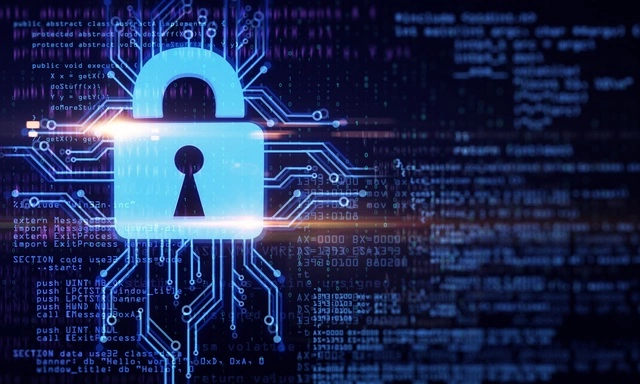
Cybersecurity is critically important in the age of remote work. With more people working from home and accessing company systems and data remotely, the potential for cyberattacks and data breaches has increased significantly. Remote work has created new vulnerabilities that cybercriminals can exploit. One of the biggest cybersecurity challenges with remote work is that it can be more difficult to control and secure access to company data, systems, and applications. For example, employees may access corporate networks and information using insecure home networks or public Wi-Fi, making them vulnerable to cyber-attacks like phishing, malware, and ransomware. Additionally, employees may be more susceptible to phishing attacks or social engineering scams when they are not physically in the same office as their colleagues. Furthermore, remote work can make it more challenging for IT teams to monitor and respond to security incidents in real-time.
A cyberattack or data breach can have serious consequences for a company, including financial losses, damage to reputation, and legal liabilities. Therefore, companies must prioritize cybersecurity measures to protect their employees and their sensitive data.
There are some key practices that companies can implement to ensure the safety of their employees and data in the age of remote work. First, companies should establish clear policies and guidelines for remote work, including rules around device usage, data access and storage, and communication channels. This helps to ensure that employees are aware of their responsibilities and understand what is expected of them. Second, companies should provide secure remote access to their systems and applications. This can be done by using virtual private networks (VPNs), multi-factor authentication (MFA), and other security measures to ensure that only authorized users can access company resources. Third, companies should implement endpoint security measures to protect devices that are used for remote work, such as antivirus software, firewalls, and other security tools. Fourth, companies should educate employees on security best practices, including how to avoid phishing scams, how to create strong passwords, and how to identify suspicious activity. Fifth, companies should conduct regular security assessments to identify vulnerabilities in their systems and applications. This can help to ensure that security measures are up-to-date and effective. Sixth, companies can use cloud-based security solutions to protect their data and systems. These solutions can provide continuous monitoring, threat detection, and rapid response capabilities. Finally, companies should have a plan in place for incident response, including steps for identifying and responding to security incidents, notifying relevant parties, and recovering from the incident. Overall, companies are advised to implement a range of measures that address both technical and human factors, and continually monitor and update these measures as needed.
It has become increasingly clear that cybersecurity is of utmost importance in the age of remote work. By prioritizing cybersecurity and taking a holistic approach to cybersecurity, organizations can better protect their data, maintain business continuity, and ensure the safety of its employees and customers.
The attorneys at Flaster Greenberg can help keep your business and employees safe by providing you with guidance on a range of data privacy, cybersecurity, and technology matters.
- Attorney
Coraleine J. Kitt is a mid-level associate in Flaster Greenberg’s Intellectual Property and Patent Practice Groups, as well as the Cybersecurity and Data Privacy Group. Her practice focuses on intellectual property ...


